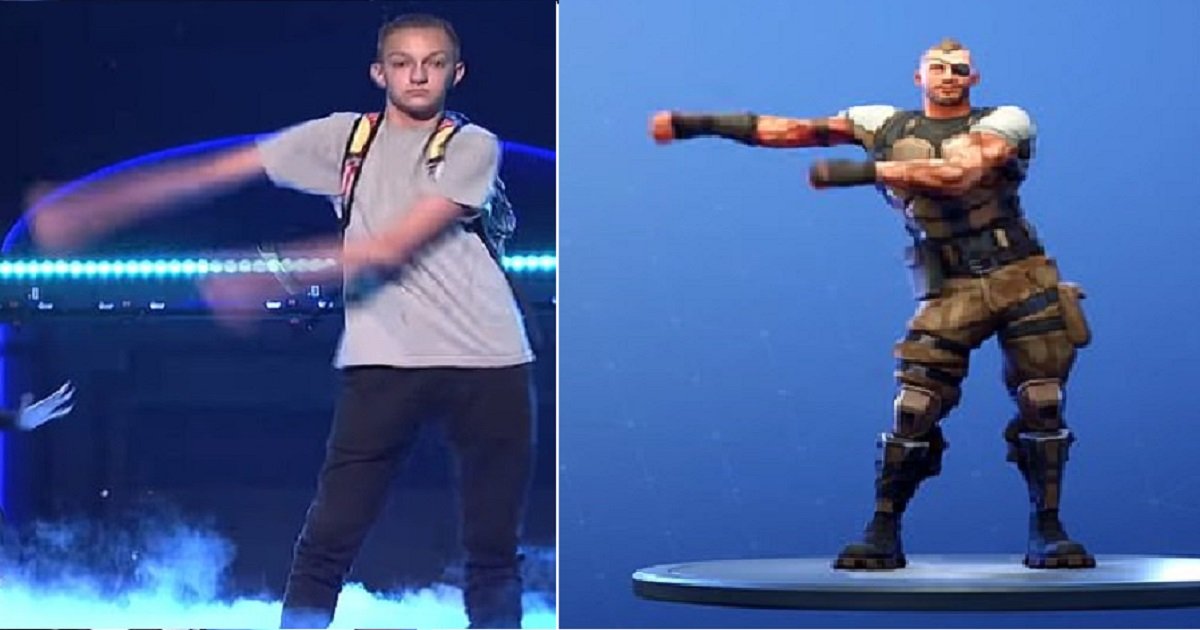The makers of the hit game Fortnite and NBA 2k were slapped with another lawsuit, this time by The Backpack Kid, after he says the company used his “Floss” dance move without his permission and without paying him any royalties.
The Backpack Kid, whose real name is Russell Horning and lives in Georgia, became famous when he performed with Katy Perry on Saturday Night Live last year. But even before that, he already had a following on the Internet after he kept posting videos of himself performing the dance on Instagram.
Russell’s mother Anetta sued Epic Games and Take Two Interactive (who own the games Fortnite and NBA 2K) on his behalf since he is only 16 years old. The lawsuit alleges that both gaming companies use the dance unfairly and profit off of it.
Russell is the latest person to file a lawsuit against the companies, after actor Alfonso Ribeiro and rapper 2 Milly.
Ribeiro said that Epic Games and Take Two Interactive were unfairly profiting from his “Carlton dance,” made famous in The Fresh Prince of Bel-Air, and passed it off as the Fresh emote. 2 Milly, in the meantime, says both companies ripped off his move, the Milly Rock, and renamed it the Swipe It Emote.
Both gaming companies have declined to comment on the issue, saying: “We do not comment on ongoing litigation.”
While all three plaintiffs say that they currently don’t have the copyrights for their dance moves, they are already in the process of acquiring them. Under US Copyright law, dancing is protected if the dance is original and there is a video recording that proves it.
In Fortnite, players can buy Emotes or, once they reach a high enough level, earn them as rewards. The Floss emote is not available in the game’s store but was a reward in the Season 2 Battle Royale.
Before Ribeiro filed his lawsuit, Russell was one of the judges who judged other Fornite players’ attempts at his dance.
In July, Chance the Rapper took a swing at Fortnite on Twitter, blasting them for not including the music that a couple of the dances were created for.
“Fortnite should put the actual rap songs behind the dances that make so much money as Emotes. Black creatives created and popularized these dances but never monetized them.
“Imagine the money people are spending on these Emotes being shared with the artists that made them.”





